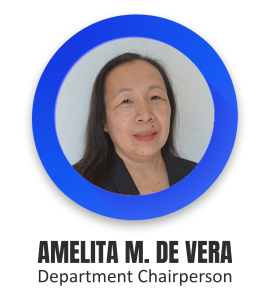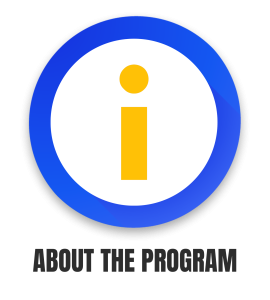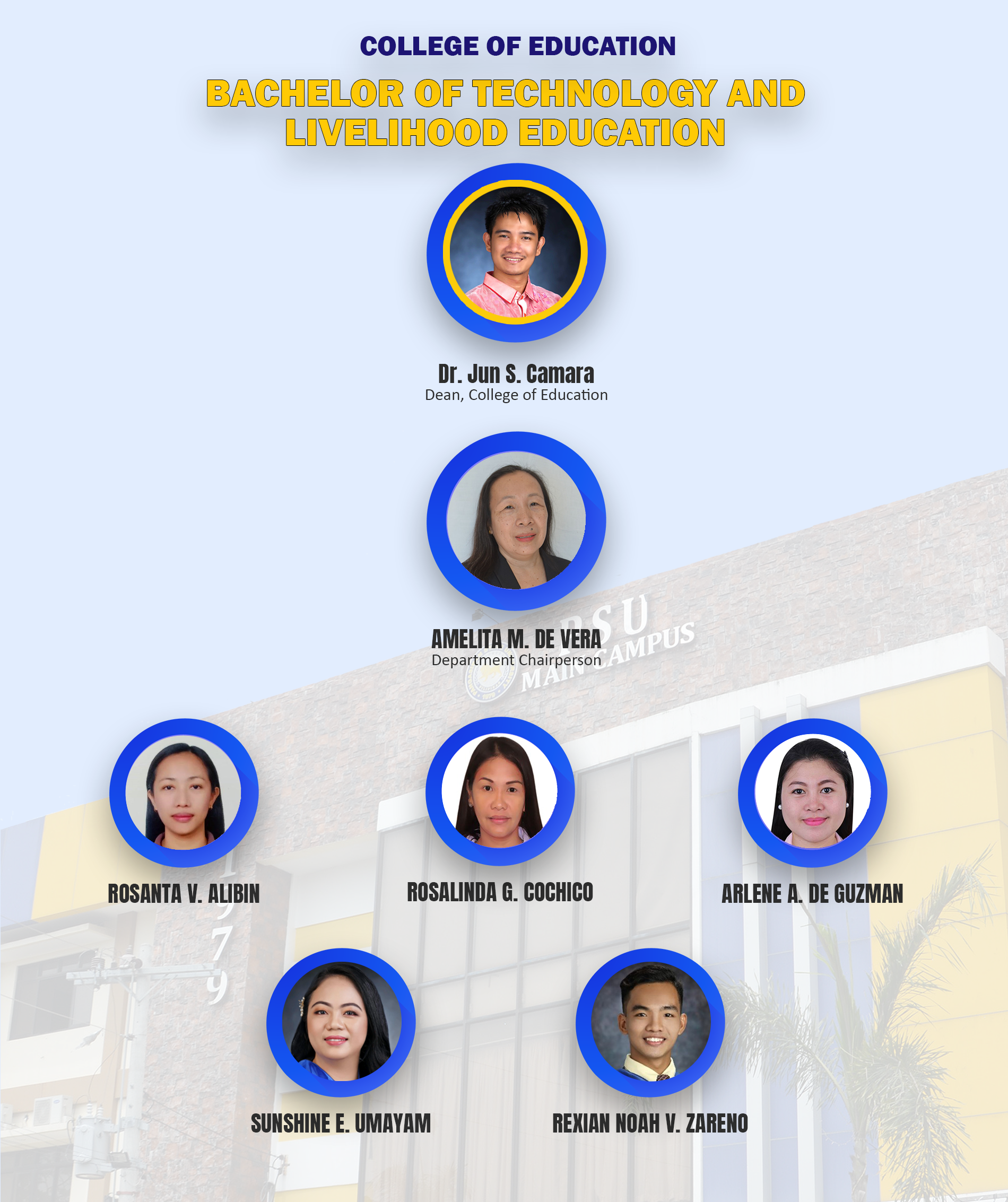

Welcome to TVLE Department!
We welcome you on behalf of the faculty members of the Bachelor of Technology and Livelihood Education program major in Home Economics. It is our pleasure to have you virtually here with us to show you what we have, what we do, how we do it, and with your expertise and insights, get guidance on how to do these better.
Accreditation is an important part of the process towards excellence and achieving the University’s vision of becoming an ASEAN Premier State University. With your assessment as our guide, we can sustain the positive components of our program while instituting changes to areas that need improvement.
Thank you for becoming part of our journey in molding highly competent and motivated future teachers in Technology and Home Economics who will impart body of knowledge, skills, attitudes/values and experiences essential for effective teaching and at the same time become accredited TVET Trainors and Assessors in their field of specialization.
Thank you for taking part in this endeavor and hoping that you have a pleasant time with us.

The Bachelor of Secondary Education major in Technology and Livelihood Education program is offered since 2007. However, the given issuance of CMO No. 78, s. 2017 (PSG on BTLEd) and CMO No. 46, s. 2012 which focus on the shift to learning competency-based standards or outcomes-based education, there is a need to migrate the existing BSE major in Technology and Livelihood program to Bachelor of Technology and Livelihood Education (BTLEd).
The BTLEd program was included in the approved 32 enriched/revised curricular programs approved by the members of the Board based on Resolution No. 44, s. 2018. However, since the BTLEd is a migration from the BSE major in Technology and Livelihood Education program requires a separate board approval.
Bachelor of Technology and Livelihood Education (BTLEd) majors in: Home Economics, Industrial Arts, Information and Communication Technology and Agri-Fishery Arts.
EMPLOYMENT OPPORTUNITIES
After completion of all academic Requirements of the program, graduates of the BTLEd should be able to qualify for the Licensure Examination for Teachers and practice the teaching profession in the field of Technology and Livelihood Education as EPP Teachers for Grade 4-6 and/or TLE Teachers in Grade 7-8. Graduates will also qualify as TVET trainers and assessors after they have obtained the appropriate Certificate. Graduates may also proceed to practice careers in various sectors od industry as entrepreneurs or as employees. (Based on the CHEd Memorandum Order No. 78, s. 2017.)
The BTLEd Program aims to develop highly competent and motivated teachers in Technology and Livelihood Education for Grades 4-8. The technology livelihood education curriculum shall impart a body of knowledge, skills, attitudes, values and experiences that will provide prospective Grade 4-8 EPP/TLE Teachers with the necessary competencies essential for effective teaching and at the same time are accredited TVET Trainors and Assessors
Specific to a sub-discipline and a major (SM)
- Demonstrate the competencies required of the Philippine TVET Trainers -Assessors Qualifications Framework (PTTQF).
- Demonstrate broad and coherent, meaningful knowledge and skills in any of specific fields in technical and vocational education.
- Apply with minimal supervision specialized knowledge and skills in any of specific fields in technical and vocational education.
- Demonstrate higher level literacy, communication, numeracy. critical thinking, learning skills needed for higher learning.
- Manifest a deep and principled understanding of the learning processes and the role of the teacher in facilitating these processes in their students.
- Show a deep and principled understanding of how educational processes relate to larger historical, social, cultural, and political processes.
- Apply a wide range of teaching process skills (including materials Curriculum development, lesson planning. development, educational assessment, and teaching approaches).
- Reflect on the relationships among the teaching process skills, the learning processing in the students, the nature of the content/subject matter, and other factors affecting educational processes in order to constantly improve their teaching knowledge, skills and practices.
Organizational Chart

